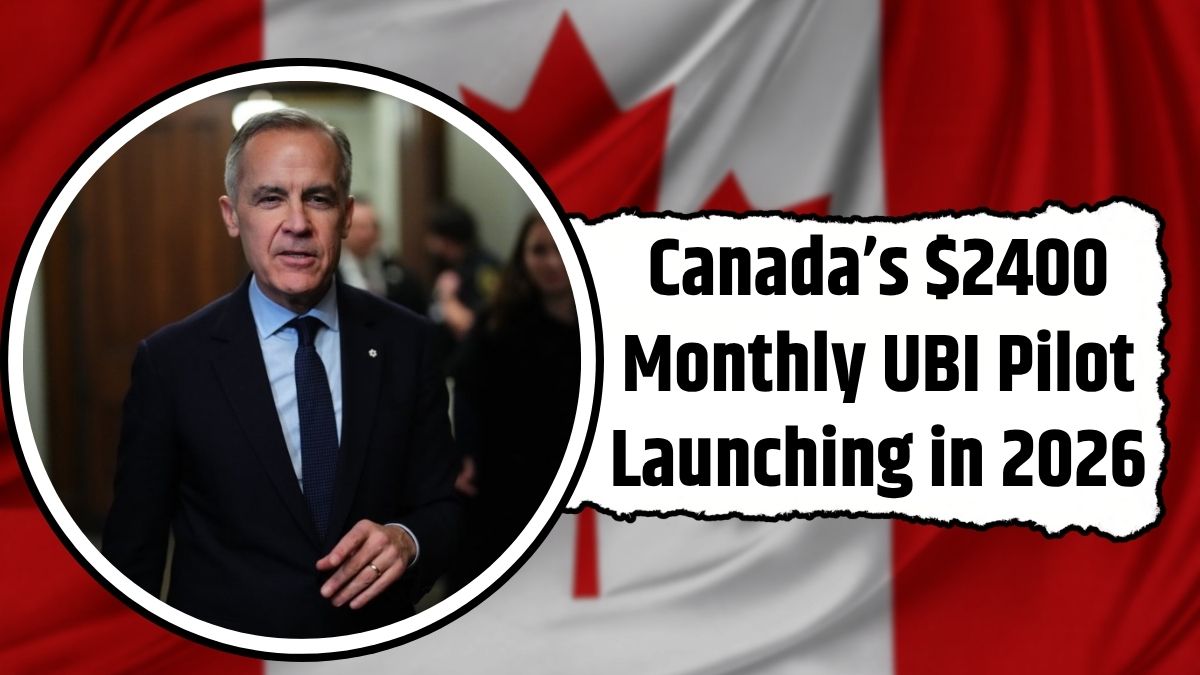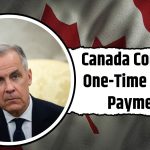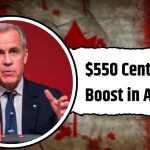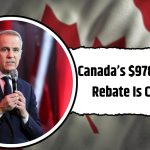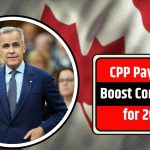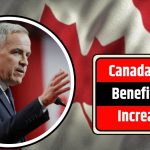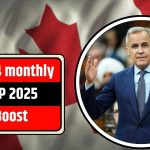Starting in 2026, the Canadian federal government will officially launch a groundbreaking Universal Basic Income (UBI) pilot, marking a major shift in how income support might look in the future. The pilot will offer direct monthly payments to a selected group of individuals, providing a stable financial base with no work requirements.
The Canada Universal Basic Income Pilot 2026 aims to explore how a guaranteed income can impact financial security, employment patterns, health outcomes, and quality of life—especially in a rapidly evolving economy shaped by automation, gig work, and inflation.
What Is the Universal Basic Income Pilot?
The UBI pilot is a federally funded experiment designed to test the effects of giving citizens unconditional, recurring payments. Unlike traditional welfare, which often comes with strict conditions, the UBI pilot will provide monthly tax-free payments with no employment requirement.
These payments will be deposited directly into participants’ bank accounts, allowing them the freedom to spend as they see fit—whether that’s on rent, groceries, childcare, education, or savings.
Who Will Be Eligible for the 2026 UBI Pilot?
The selection process for the Canada UBI Pilot 2026 will focus on low- and middle-income households and emphasize demographic diversity. The program is expected to include residents from selected provinces, particularly Ontario and British Columbia, and target underrepresented populations.
Preliminary Eligibility Criteria:
| Criteria | Details |
|---|---|
| Age | 18 years or older |
| Income | Individuals earning under $30,000/year |
| Residency | Limited to selected provinces (e.g., ON, BC) |
| Current Benefits | Must not be receiving equivalent federal aid |
| Demographic Focus | Includes Indigenous people, newcomers, persons with disabilities |
Final eligibility details will be announced in early 2026, once enabling legislation is passed. However, policymakers have emphasized inclusion and equitable access.
How Much Will Participants Receive?
The UBI pilot will run for 24 months, with payments adjusted based on household size and income. All payments will be tax-free and designed to provide meaningful support without affecting employment incentives.
UBI Payment Structure (Estimated):
| Household Type | Monthly Payment | Taxable? | Conditions |
|---|---|---|---|
| Single Adult | $1,200 | No | Income below $30,000/year |
| Couple (No Children) | $2,000 | No | Joint income under $50,000/year |
| Family with Children | $1,800–$2,400 | No | Based on number of dependents and income level |
The government will observe how guaranteed income affects employment behavior, mental and physical health, and educational engagement, without disqualifying recipients for working.
Why Is Canada Testing UBI Now?
This federal UBI pilot comes in response to mounting concerns about economic inequality, housing affordability, and the insecurity of gig work. The government believes that providing a guaranteed income floor could:
- Reduce poverty and financial stress
- Streamline fragmented welfare systems
- Encourage participation in education, caregiving, or community work
- Provide valuable data for long-term policy reform
Supporters argue that UBI offers dignity, stability, and choice, while critics worry about its cost and potential impact on work motivation. This pilot is designed to provide real-world evidence to answer both perspectives.
How This Pilot Is Different from Past Experiments
While UBI isn’t a new idea in Canada, this 2026 pilot is distinct in several key ways compared to earlier efforts like Ontario’s 2017 Basic Income trial, which was canceled early.
Key Improvements in the 2026 UBI Pilot:
- Federal-level coordination and funding
- Bipartisan political support, increasing its likelihood of completion
- Larger sample size across multiple provinces
- Inclusion of Indigenous, disabled, and newcomer populations
- Voluntary data collection on health, employment, and financial outcomes
- Two-year duration with clear milestones and public reporting
This trial isn’t just about short-term relief—it’s designed to test whether universal income can become a core feature of Canada’s future social safety net.
What the Pilot Hopes to Discover
The central question behind the UBI pilot is: What happens when people have financial stability, regardless of their employment status?
The government will monitor outcomes across several areas:
- Workforce participation: Do people stop working or pursue better jobs?
- Health and well-being: Does a basic income improve physical and mental health?
- Education and skills training: Do participants return to school or upskill?
- Spending patterns: How do recipients use the money over time?
These insights could lead to long-term changes in how Canada designs and funds social programs.
Will UBI Affect Other Government Benefits?
A key feature of the UBI pilot is that payments will be non-taxable and will not reduce eligibility for most federal or provincial assistance programs.
This allows participants to combine UBI with existing supports, such as:
- Canada Child Benefit
- GST/HST Credit
- Provincial disability or housing assistance
This approach ensures that UBI serves as an added layer of stability, not a replacement for essential targeted supports.
Can Participants Still Work While Receiving UBI?
Yes. Participants are encouraged to continue working, studying, or volunteering while receiving the UBI payments.
The pilot is designed to observe how people respond when work is no longer a condition for income. Rather than discourage work, UBI may allow recipients to seek better opportunities, reduce burnout, or pursue unpaid but valuable roles, like caregiving.
FAQs
Q1. Who will receive UBI payments in the Canada 2026 pilot?
Low- to middle-income individuals aged 18+ in provinces like Ontario and British Columbia, with a focus on diverse and underserved communities.
Q2. Will UBI payments affect other benefits?
No. UBI payments are tax-free and won’t interfere with most provincial or federal support programs.
Q3. Can I work while receiving UBI?
Yes. The pilot is built to encourage employment, education, or caregiving, and you can keep your UBI payments regardless of job status.
